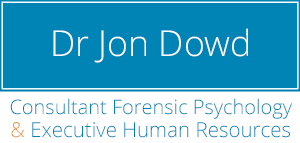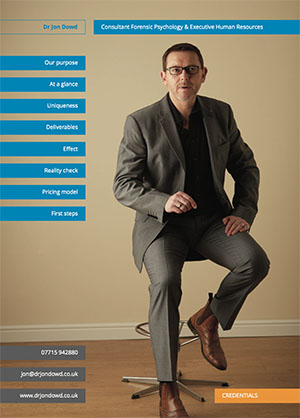Think before you speak
Thursday, September 08, 2016

This is one of the first things we learn.
When we’re born, we have no filtering system - we do what we desire for instant gratification. This is the ID. The Id says “I want”.
When we’re young, we have an un-refined filtering system, which enables us to align the Id’s desire with the subsequent expectation of the outside world. This is the Ego. The Ego says “is it reasonable?”
As we get older, we learn that our words can be detrimental… to us or to others. This is the Super-Ego. The Super-Ego says, “is it moral?”
So, as human beings we have the absolute ability to filter our thoughts before they come out as words… but when people say something that they later regret, it’s usually because the circumstances of that moment were not conducive to clear thinking.
It’s not strictly true to say that we don’t ‘think before we speak’, it’s truer to say that we don’t edit. In the main, our speech during a conversation will be benign (not harmful in effect) because the circumstances of that conversation won’t be confrontational or stressful or overly demanding. The circumstances will more than likely be calm and, therefore, we’ll be able to think clearly. The issues arise when stress is introduced.
People who normally speak quickly, are noted when they pause and they can seem as though they’re deliberating - this isn’t a good look for politicians or interviewees.
So, the trick is to hide the pauses - the moments of careful editing - so that your speech remains fluid and controlled. And where do you hide a pause? Amid more pauses is best.
If you’re in the public eye, or in an interview scenario, create a structure of speech which naturally allows for additional editing if required. Don’t be frightened by the idea of pausing and making people wait - they’ll think you’re about to say something worth listening to!
We all have physical triggers to anxiety, and we recognise them as sweating, palpitations etc. This sends us, quite naturally, into ‘fight or flight’ mode - hence we either want to walk away or fight back. This state of mind is not conducive to reasonable thought. We must take a step backwards and return to ‘calm’ before we speak. This is the mistake a lot of people make… they don’t allow themselves time to think. And if a politician or an interviewee speaks when in a state of self-defence, they’re bound to come across as silly, aggressive or misguided. Unfortunately for them, once it’s ‘out there’, there’s no going back. So… take your time and edit. This is an innate ability and it only takes a split second. But that split second could save your career.
A subversive problem with some people, of course, is that they perceive everything they say is worth listening to, so they might feel they don’t need to edit. This degree of confidence can get people into trouble, because it’s guided by the wrong part of our brain. Ego and a sense of elitism, or narcissism, influences comments that may not reflect well on those who hold positions of authority. The Ego can misguide us greatly because, once past puberty, the world has already learnt not to lead with it.
As your Ego rises to take over the conversation, you must subdue to urge and remain in control. It’s all about self-awareness.
And people who think they have lots to say, often say nothing of great relevance.
“Better than a thousand useless words, is one useful word.” Buddha
Think before you speak.
The reason for me aligning politicians with interviewees is that the craft of public speaking applies the same logic as getting through an interview in one piece. All of the above is vitally important.
Be confident - but don’t be egotistical.
Be chatty - but allow yourself the benefit of editing.
Say less than is in your head.
Interviewing is a fine art.








0 comments